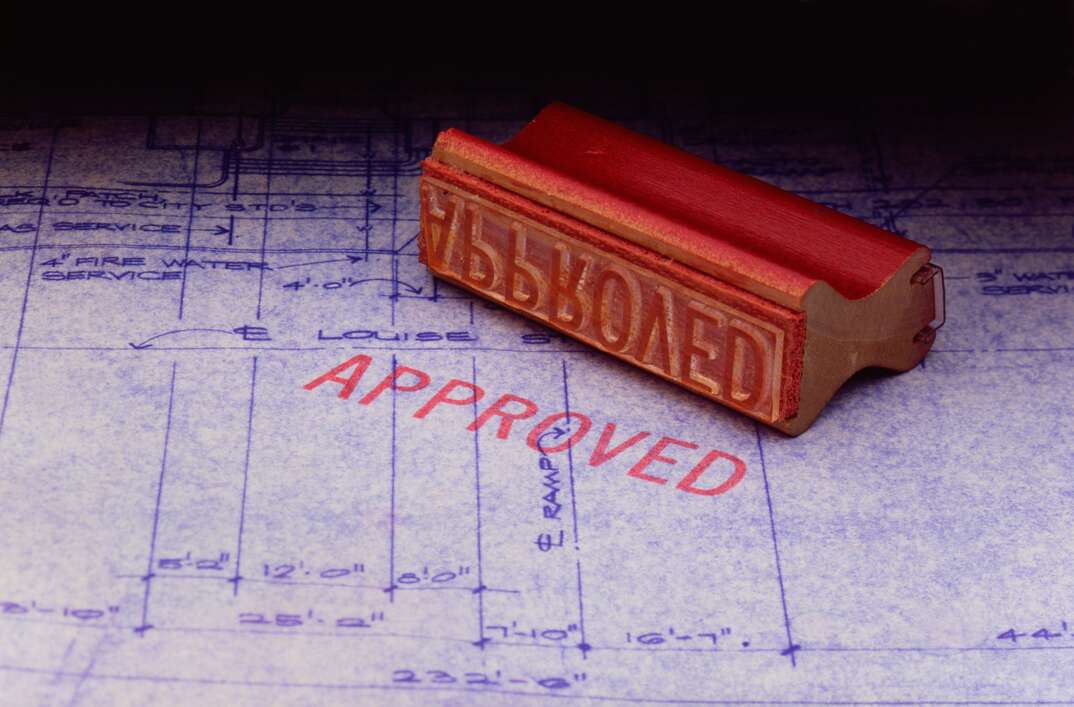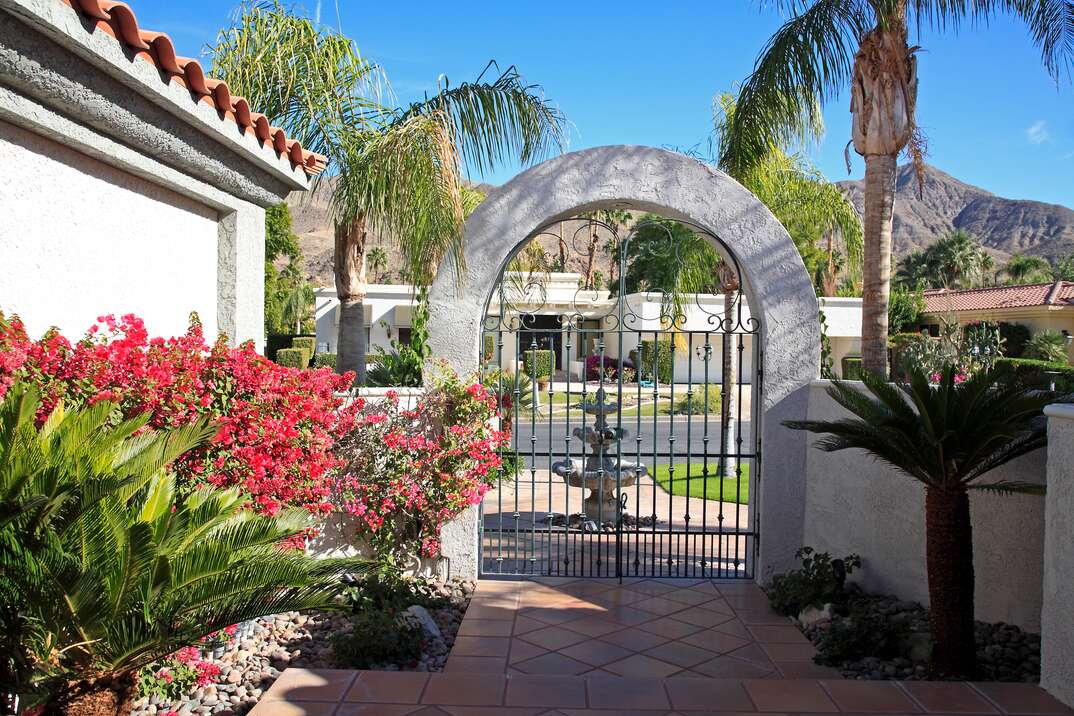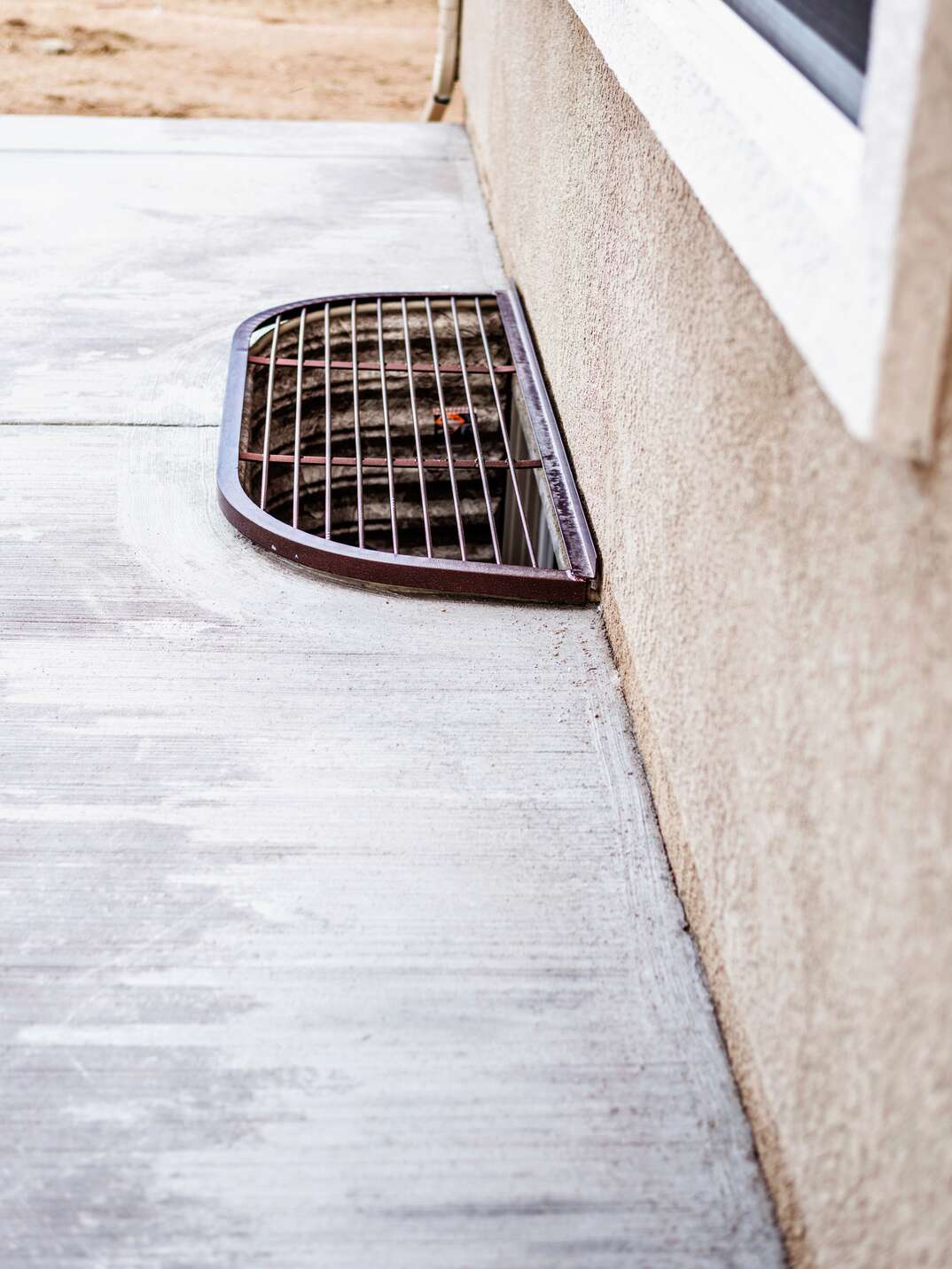Why Do You Need a Building Permit and How Much Will It Cost?

You've been waiting for months to get the time and the money to remodel your kitchen. The contractor is ready to go, and you are extremely excited. Then, reality hits: Construction can't begin until the permits are submitted and approved. You might feel dejected, thinking you have to pay more money and deal with the notoriously long wait for the permits.
This May Also Interest You: What Is a Home Improvement Loan and How Do You Get One?
Take heart. The permit process is not as bad as you might think. Actually, permits are designed to prevent shoddy construction and protect you and your family. And a bit of research and planning can go a long way in cutting down on the wait time. Here's what you need to know about the process — plus how much a permit will cost you.
Why Do I Need a Building Permit?
Your local government has bylaws in place to make sure that construction projects are safe for you, the community and the builders. Permits are also required to ensure that the project doesn't negatively impact property values in your neighborhood. It's helpful to think of permits as a benefit to the building process rather than an impediment.
Building permits have to be obtained before any work begins. Once a permit has been granted, you have a set amount of time to complete the project. If you're making changes that involve the house's structure, plumbing or electrical wiring, you probably need a permit. However, smaller projects like painting a room or replacing a floor don't usually require a permit. Always contact or visit your city's building department or website to learn if you need a permit for your project.
What Are the Application Requirements?
You’ll have to fill out the application and pay any required fees. Your city may require additional documents such as insurance or bond forms. Contact your city's building office for full information about permit requirements and costs. Always be sure to do your research and plan ahead to make sure there are no surprises that could result in further delay or additional costs.
Make sure you speak with your contractor about required permits and possible permit costs when getting an estimate for your project. Your contractor has done this before, so they know the process and the costs involved. Typically, the city allows your contractor to submit the permit application, saving you a trip to the building office and the hassle of navigating who in the office to speak to.
In some cases, you may need an appointment with the city building office to show your application and documents. The city may also want further explanation of your project or may want to ask you questions about it. Be sure to contact the building permit office to see if a visit is necessary. Once the permit is approved, be sure to display it prominently at the worksite for easy reference during inspections.
Don't forget to factor in time. Once your building permit application is submitted, Hunker says it may take anywhere from one to six weeks to get approval. However, The Spruce notes that you may have to wait longer than that, especially if you need further approval, such as a variance. A variance is an officially approved exception to zoning ordinances. Variances are commonly needed when a project involves building an extension beyond the original lot size of the house.
The timeframe of permit approval depends on the type of permit you're applying for and the complexity of the project. It also depends on how busy the building department is. Patience is the key, so make sure you apply for your building permit on time and have all required documents and fees ready to go.
More Related Articles:
- How Much Does a Basement Remodel or Renovation Cost?
- 5 Finished Basement Ideas for Your Home
- How Much Does a Kitchen Remodel Cost?
- How Much Does a Shower Remodel Cost?
- Here’s How Much Common Home Repairs Cost — and How to Budget for Them
What Happens If You Don't Get a Permit for a Remodel?
If you don't get a permit and decide to go forward with your project anyway, you're taking a risk, Family Handyman says. Once someone from a local building office finds out about it, you could face fines climbing into the thousands of dollars. The city may order that you demolish the project and rebuild it according to code. If you damage a neighbor's property, you could face a lawsuit. If an injury occurs during the project, you're liable.
Additionally, if you ever try to sell your home, it could fail a home inspection because the work was not done to code. You will be required to fix any repairs that weren't done to code before you're allowed to sell the property.
A final risk is that your homeowner's insurance could be voided if the renovation sustains structural damage if there is a fire or a plumbing issue. Your insurance company can deny the claim since the work was completed without a permit.
In general, working without a permit is like working without a safety net. It's only a matter of time before someone finds out and you have to pay for it.
Does an Extension Require a Building Permit?
If you're making structural changes to your property or changing electrical wiring or plumbing, you will most likely need a building permit. Because house extensions usually require changes in all three, a building permit is needed. HGTV says permit requirements differ from city to city, so do your homework and contact your local building department. A house extension may also require a variance.
If you build a deck, wheelchair ramp or garage, you’ll probably need a permit. All of these projects add to the original footprint of the house, and that requires a permit.
Smaller projects — such as replacing a leaky faucet or switching out your cabinets — don't usually require a permit because they are not major structural changes to the property. If there is any doubt on your part, contact the building department to get the most accurate answer.
How Much Is a Building Permit?
The cost of building permits depends on where you live, the size of the project, the project cost and whether you need multiple permits for the project. On average, building permits range from $50 for small improvements and up to $2,000 for major renovations. Contact your city's building department to learn what permits you need and how much they'll cost.

.jpg)
